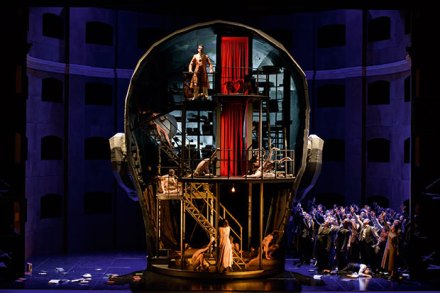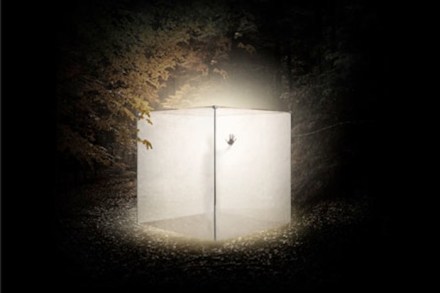Ways of hearing
‘What gives your lies such power?’ asks the bewildered Sicilian leader in Szymanowski’s opera Krol Roger. The question is addressed to a charismatic shepherd, on trial for propagating a lascivious new religion of unbridled sensuality. Roger’s wife, Roxana, has already converted along with many of his subjects, while the city’s conservative and clerical factions clamour for the blasphemer’s death. But Roger resolves to see for himself. Or rather hear for himself. For although the shepherd’s uncanny beauty is clear for all to see, his real power comes from the music, whose snaking contour weaves its eerie magic round the listener and disorientates him, disarming power of judgment by replacing its








